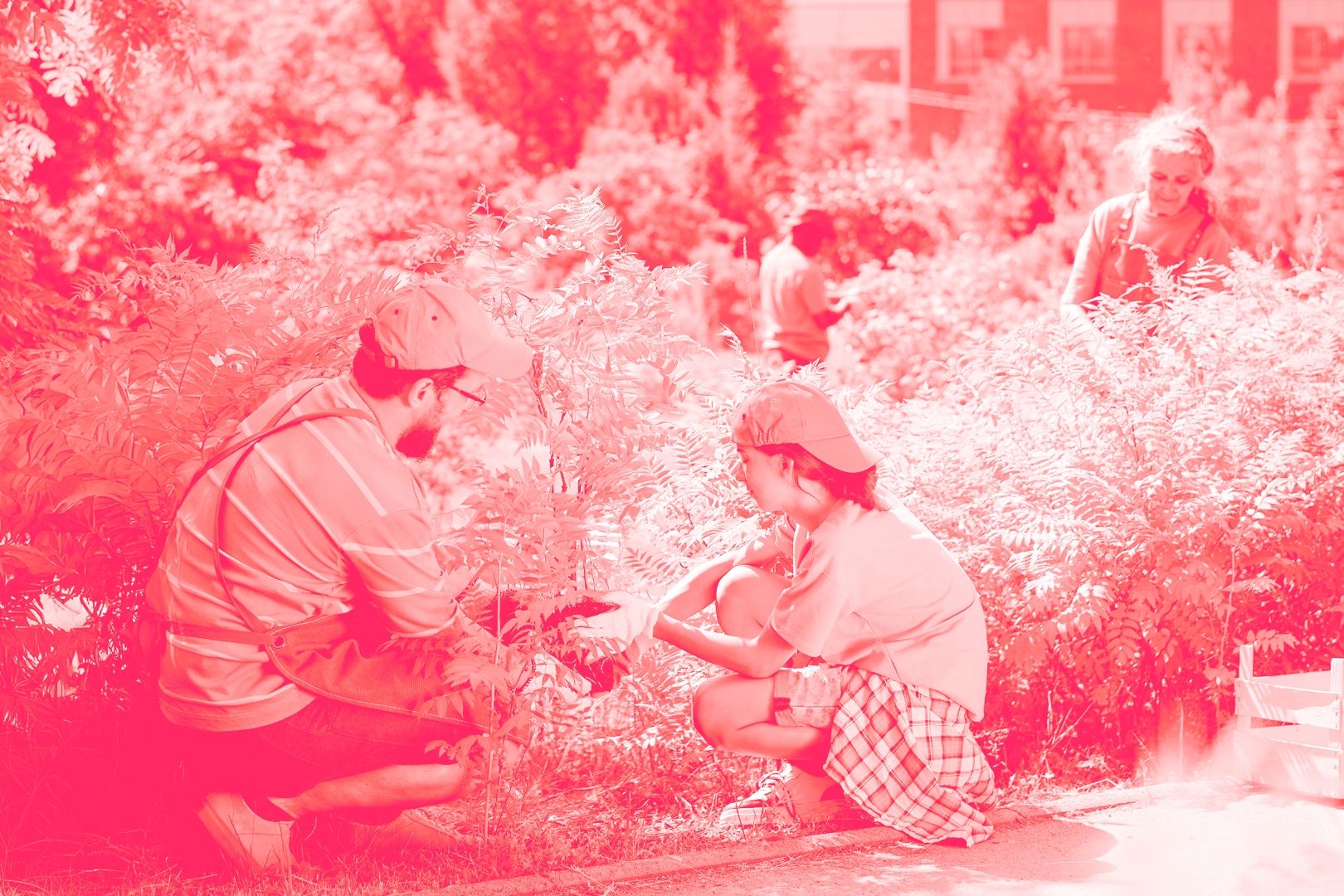My Partner Loves Helping Others – I Wish He Would Give It a Rest
'I feel lucky... [but also] frustrated.'
by Sophie K Rosa
12 November 2025

In a society that puts profit before people, it’s hard not to feel broken-hearted. Landlords split friends, nuclear families isolate parents, bosses burn out workers. But fear not – Red Flags is here to tend to your troubled hearts.
In Novara Media’s anti-capitalist anti-advice column, resident therapist Sophie K Rosa marries their ongoing training in psychoanalysis with ideas from their book, Radical Intimacy, to respond to your questions. Unlike other agony aunts, Sophie doesn’t claim to have all the answers, but they could help you unlock new ways of thinking.
To submit a dilemma to Sophie, please fill out this form.
Dear Sophie,
I’m a 48-year-old woman, and I’ve been feeling a bit stuck in my relationship. My partner is incredibly caring and really committed to helping others – he gives freely, even when I sometimes feel people might be taking advantage of him. I love that about him, and I feel lucky to have finally found a kind man, but it also leaves me confused and, at times, frustrated.
I’ve been in a string of relationships where I felt others took advantage of me, especially around money, so I know this history shapes how I respond now. I want to be generous too, genuinely, and I’d like to work more towards the kind of outlook he has – rooted in fairness and care for others – but sometimes it feels like people start to expect it, and that annoys me more than I’d like to admit. I keep wondering where I fit in all this, and how intimacy works when so much of his energy is going outward. I want to support his values, but I also want our relationship to have its own space and balance. I’m not sure whether to just accept this, try to change it, or find some middle ground. I’d love some guidance on how to navigate it without losing either my needs or his generosity.
– Partner to a Kind Man
Dear Partner to a Kind Man,
Your letter left me wondering what kind of care your partner is so generous with, and how much of this is about money. Specifically, when you write that “he gives freely” and that you “feel people might be taking advantage of him,” I wonder what your respective financial circumstances are, and whether you have reason to believe he might be vulnerable somehow. If so, my whole response might need a different lens. But for now, I’ll assume that you don’t consider him especially vulnerable. You recognise that your own history is shaping how you feel about this present scenario; perhaps your sense that he might be being exploited somehow speaks more to your own experience than his reality.
On to my next questions, then. Should he have to account for how he distributes his repository of care? Is his generosity your business? Why? The answers you give might depend on just how much you feel you are missing out on, and how much you might be willing to miss out on, because of his generous nature. On some level, it seems, you are experiencing his other relationships of care as threatening. In psychoanalysis, this kind of reaction might be understood as relating to early and universal traumas: the moments when babies realise they are not everything to their primary caregiver, who is vital to their survival.
I don’t have a clear sense of how your partner’s generosity is impacting you materially. Maybe there are things that are very important to you – types of intimacy, even – that you are not getting because of how much he gives to others. If that is the case, communicating with your partner would be a good place to start, along with requesting that he better accommodate you amidst his other relationships of care. Are there new agreements you could come to that might help? Or concrete things you could ask for that you feel might alleviate your concerns and make you feel prioritised?
Beyond this, it might be worth asking yourself, if it weren’t this story about threats to your intimacy, would it be another? And, just to be clear, our stories can be true, or partially so, and they are always co-authored.
Your question is making me think about monogamy. Our psyches are conditioned by this social norm, and people tend to be alive to any outsider threat to their romantic relationships (whether or not they are actually monogamous). But whilst sexual non-monogamy is less taboo than it used to be, I wonder whether cultural and interpersonal conversations sometimes exclude adequate discussion of care. Because, in the way it is commonly practised in our society – arguably in its ‘toxic’ form – monogamy is not just about sexual exclusivity, it can also mean a monopoly on care. And from a radical perspective, the idea of promiscuous care – care that exceeds the couple and biological family forms – is an important one. The question of what we can expect from others is both highly political and emotionally thorny.
I do not know, but I am wondering whether your stated concern about others taking advantage of your partner might be at least something of an unconscious red herring. I am wondering if you might be feeling jealous. Indeed, sexual jealousy is not the only kind; other kinds of intimacies might evoke equally or even more powerful jealousies. In her new divorce album, Lily Allen is clear:
I can’t get my head ’round how you’ve been playing tennis
If it was just sex, I wouldn’t be jealous
You won’t play with me
Admittedly, in the case of Allen’s ex-husband, the tennis was combined with sex and deceit. But jealousy might also be evoked by all kinds of attention paid to others. If you are jealous, that’s okay. Having impulses towards care accumulation in the couple form doesn’t make you a bad political subject; it makes you human. And, as humans, we are not inevitably at the mercy of our emotions. As difficult as it may be, we can attempt to reflect and take action – as you are already doing. What kind of person are you? What kind of person might you want to become? (These questions, in my opinion, keep following each other in an infinite loop; one always leads to the other.)
It is clear that there is something in your partner’s behaviour that has awoken difficult feelings in you. Ultimately, I do not have enough information to know the source of this. But I am left thinking about how popular relationship discourse considers emotions in relationships. There seems to be an unhelpful evangelism around the idea that the ‘right’ partner will somehow cure our internal conflicts and suffering – or at least that they won’t cause us too much psychic trouble. But this doesn’t seem to be how human relationships exist in reality. The sticking points of love can also be rich opportunities. As the philosopher Mari Ruti put it: “Lovers who awaken our conflicts can sometimes usher us to higher levels of maturity and self-understanding.” Of course, this isn’t an appealing proposition for everyone. Is it for you?
Sophie K Rosa is a freelance journalist and the author of Radical Intimacy.


